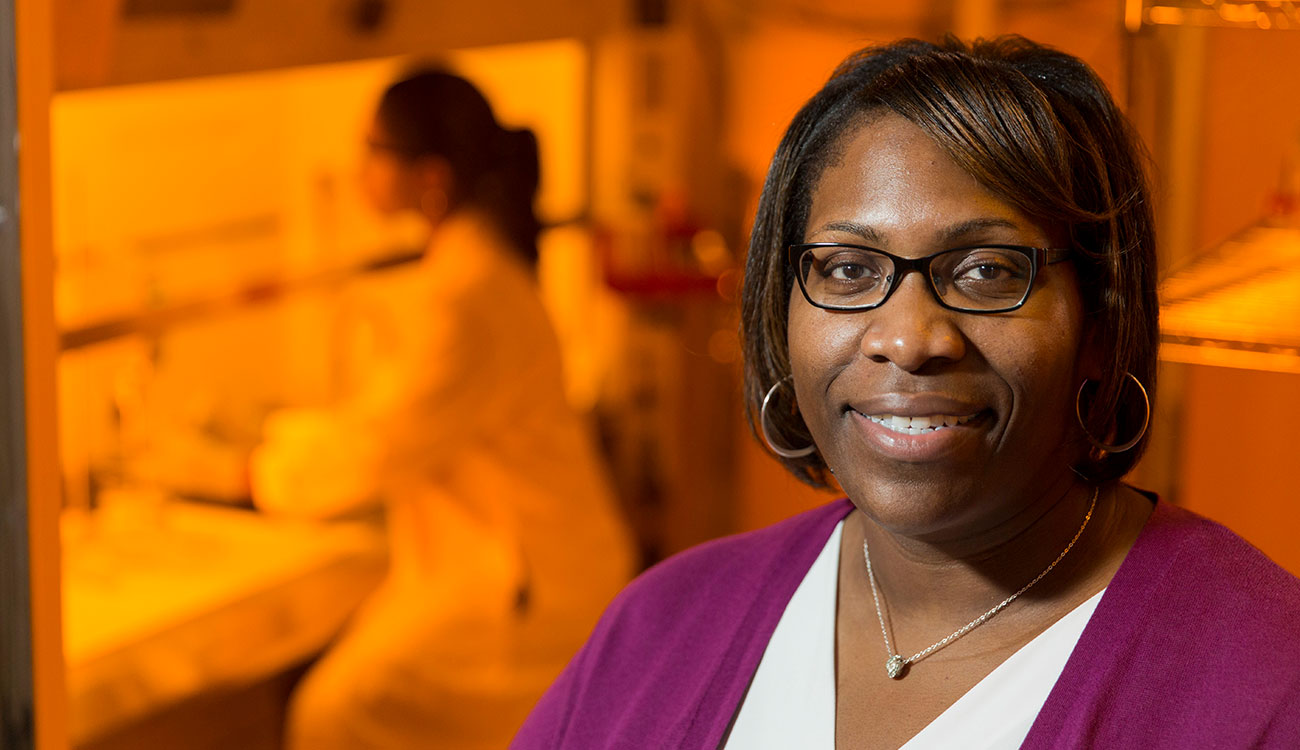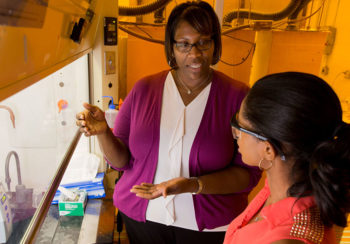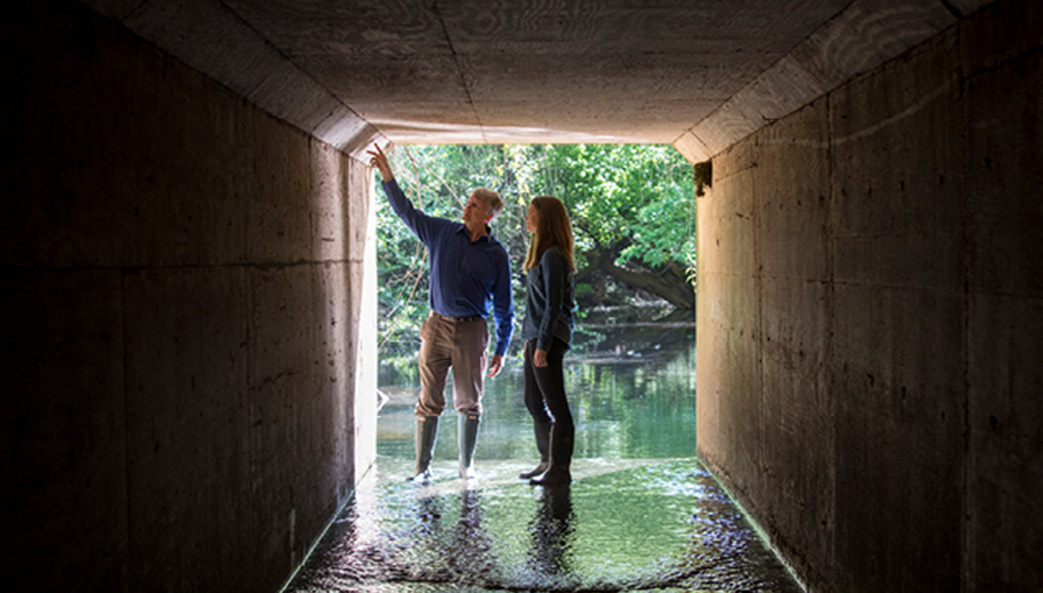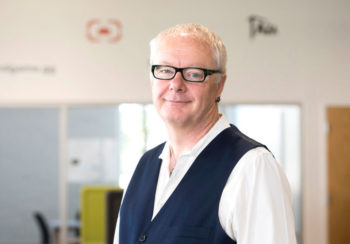Senior engineering students at the University of Georgia and health care workers at the Piedmont Athens Regional Community Care Clinic will have the opportunity to benefit from one another, thanks to a grant from VentureWell.
Cheryl Gomillion, assistant professor in the College of Engineering, will receive a $30,000 faculty grant to expand the current Biomedical Engineering Senior Capstone Design course for engineering students.
During the two-semester course, about 20-25 students in the School of Chemical, Materials and Biomedical Engineering will participate in an immersive shadowing experience to identify unmet needs at the clinic and then develop innovative solutions to address those needs.
“We want students to take pride in generating new and innovative technologies for biomedical applications and, specifically, look at unmet needs for different populations,” said Gomillion. “Engineers can play a significant role in areas where they may not traditionally be thought of having that kind of input.”
Modeled after the Biodesign innovation process originating at Stanford, the modification and expansion of the capstone course will be a combined effort between Gomillion, the clinic and Innovation Gateway, the university’s research commercialization program. It will allow engineering students to gain unique resume experience and practice finding real-world innovative needs and working with clients to find solutions.
“When hiring entry-level engineers, most recent graduates have good grades and similar resumes, but there are some skillsets that you can’t really teach,” said Tim Martin, associate director of Innovation Gateway. “There’s no substitute for doing something entrepreneurial like this, being part of a team that started a company, and going through the process of pitching or talking to investors.”
This differs from previous engineering capstone designs, Gomillion said. In the typical design course model at UGA, engineering students address a problem or challenge presented to them by the client.
With this design approach, students will not only address the problems, but they will seek the problems out themselves, further developing their analytical skills in the process. After finding the potential problems in the clinic, the students will come up with about five to 10 design scenarios to address them.
The work the students do will benefit the clinic, which is donor-funded and provides free care to people without health insurance in the Athens community. They will work closely with Jonathan Murrow, a cardiologist at Piedmont and associate dean of research for the AU/UGA Medical Partnership’s Athens campus.
“The capstone design projects have the potential to provide more effective, safer and lower cost care that improves the experience of both health care providers and patients,” Murrow said. “Lessons learned from the capstone experience could broadly impact other health care settings.”
And once students complete the capstone program, they have options to continue their research and development process through the UGA Innovation District that provides industry connections, entrepreneurial training and prototyping opportunities. While it’s not required, Martin said he hopes at least a few of the innovative solutions implemented during the capstone are carried forward by students after the capstone ends.
“It’s fostering a culture of innovation and entrepreneurship among the students,” said Kevin Wu, engineering catalyst for Innovation Gateway. “They may not carry forward their capstone project, but, going forward, they’ll have the skills needed for understanding their customer.”
One of the venues students could use to continue developing their ideas once they complete the capstone includes the UGA I-Corps program, which involves team collaboration and an intensive, six-week accelerator for product development. There are also grants and fellowships for which the students could apply to receive funding to continue their projects.
In the last academic year, about 10 biological engineering students participated in a pilot of this Biodesign-inspired program with the UGA College of Veterinary Medicine. The students were able to interact with veterinarians and support staff, trying to find areas of need for the vet clinic and develop ideas for addressing them. It was beneficial for the students to directly work with clients and observe the clinic’s day-to-day operations, including surgeries, Gomillion said.
VentureWell is a nonprofit organization that supports the creation of an emerging generation of science and technology inventors and the innovation and entrepreneurship ecosystems that are critical to their success. It builds communities of practice among faculty and helps early-stage innovators develop products and ventures that improve life for people and planet.






